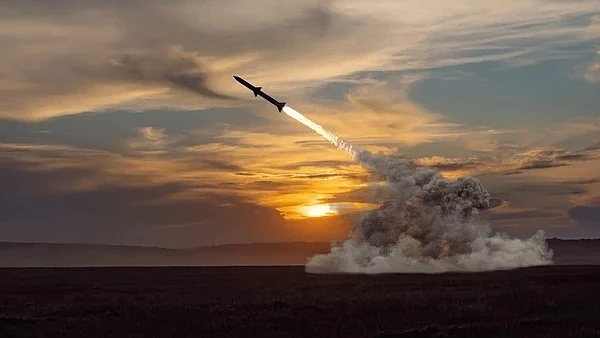Shares of Chinese defence companies reeled under selling pressure on May 13 after India and Pakistan agreed to a ceasefire, dampening the near-term outlook for Chinese arms exports to the region. The agreement to halt all firing and military activities across land, sea, and air operations, weighed on investor sentiment, particularly around firms with close defence trade ties to Pakistan.
During the recent conflict, Pakistan had relied heavily on Chinese military equipment, including drones, missiles, and fighter jets. With tensions easing, expectations of further defence orders from Pakistan have cooled.
In response, the Hang Seng China Aerospace and Defence index dropped 3% in intraday trading, reflecting the cautious stance among investors. Constituents of the index like AVIC Chengdu Aircraft and Zhuzhou Hongda Electronics were among the hardest hit, falling around 9% and 6%, respectively.
AVIC Chengdu manufactures the J-10C fighter jets, which, according to Pakistan’s Foreign Minister Ishaq Dar, were deployed during aerial engagements with India. Zhuzhou Hongda, the maker of PL-15 air-to-air missiles reportedly used by Pakistan’s military, also faced strong selling pressure.
AVIC Aerospace, which develops a range of military aircraft and helicopters, saw its Hong Kong-listed shares decline by over 2%. All three firms fall under the umbrella of the Aviation Industry Corporation of China (AVIC), the state-owned conglomerate overseeing much of the country’s aerospace and defence production.
With diplomatic tensions easing between India and Pakistan, investor appetite for Chinese defence stocks appears to be retreating, at least for now.

































